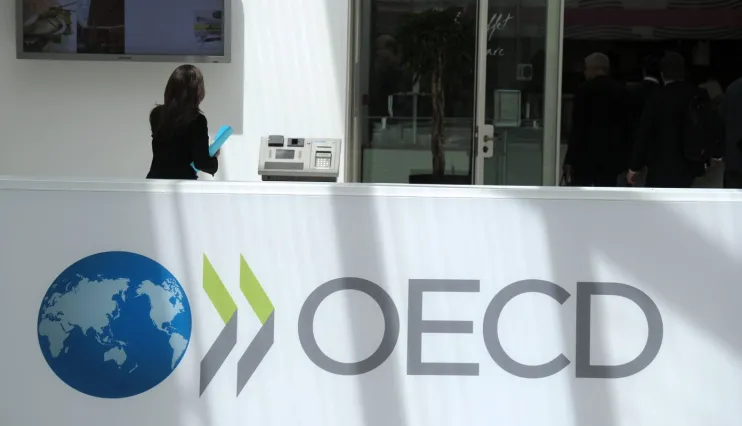Collapse of landmark tax deal could result in trade wars, OECD tax chief warns

The US and Europe risk reigniting trade wars and losing hundreds of billions in tax revenue if they fail to implement the major global tax deal agreed to last year, the OECD’s departing tax chief has warned.
The landmark tax deal, which ensure major multinational corporations with annual revenues of more than €750m (£643m) are subject to a minimum 15 per cent tax rate, was agreed to by 136 countries last October.
The OECD has however admitted that progress on the tax deal has stalled in stating last May there is no chance the deal will be in place before the US midterm elections next month.
The US has faced criticism for seeking to push through a stripped back version of the 15 per cent minimum, while the EU has faced opposition to the plans from members states Poland and Hungary.
In an interview with the Financial Times, OECD tax chief Pascal Saint-Amans, said that if there’s no agreement, countries will begin implementing the deal on their own.
Germany has in recent months signalled it will implement the rules alone if necessary.
Saint-Amans, who is set to leave his position on Monday after heading the Paris headquartered international organisation’s tax department for a decade, said he sees “serious risks of unilateral measures, and therefore trade sanctions”
“If there is no agreement, countries will move. They will move unilaterally, because they can. That’s our legal and political assessment,” Saint-Amans said.
He argued investors will support a broader tax base, pointing to the market rection to UK prime minister Liz Truss’ mini-budget, in claiming her bid to turn Britain into “Singapore-on-Thames” was “not the right thing to do”.